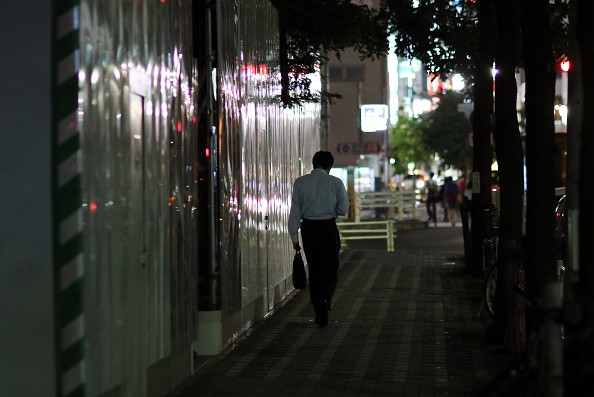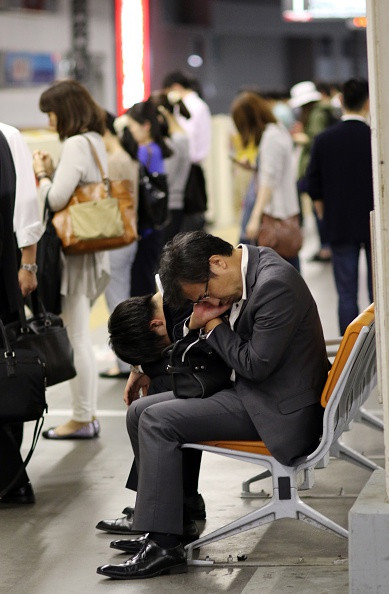Japan: Critics warn 'overtime' law can 'accelerate deaths'

Critics are warning against Japan's move to pass a law that will take away overtime pay from white-collar employees.

Japan's prime minister Shinzo Abe's attempt to exempt white-collar employees who earn over 10.7mn yen (£56,809) from work-hour rules in a bill his cabinet passed last April is now facing harsh criticism.
Critics believe that if passed as a law, it will leave several workers without being compensated for the extra hours they might still need to put into work adding to the already stressful working conditions in Japan.
Advocates of the bill however believe the move will bring in flexibility at work and reward productive workers on merit rather than working hours.
Staying in the office will also not be mandatory under the new law and employees will be able to come in and leave as they wish provided they get the necessary work done.
Employees will also be given the choice whether or not to move to the new working arrangement, reported AFP News.
The bill that has been labelled, as the "no overtime pay bill" by critics still needs parliamentary approval before it is passed as a law.
Karoshi 'death from overwork'
An estimated 22 per cent of employees in Japan work 50 hours or more every week compared to the 12.7 per cent in Britain, reported the Organisation for Economic Co-operation and Development.
Karōshi is a term commonly used in Japan to referring to 'death from overwork'. The term is used to refer to heart attacks and strokes that result due to working beyond normal working hours.
Teruyuki Yamashita, 53, was one such victim of working overtime who had a near fatal subarachnoid hemorrhage; a form of internal brain bleeding that left him blind.
Yamashita slept an average of only three hours every night.
The former senior sales professional collapsed one day and was rushed to the hospital.
"The government wants to create a system in which companies don't have to pay for overtime -- it could accelerate deaths from overwork," said Koji Morioka, a professor at the Kwansei Gakuin University.
© Copyright IBTimes 2025. All rights reserved.






















